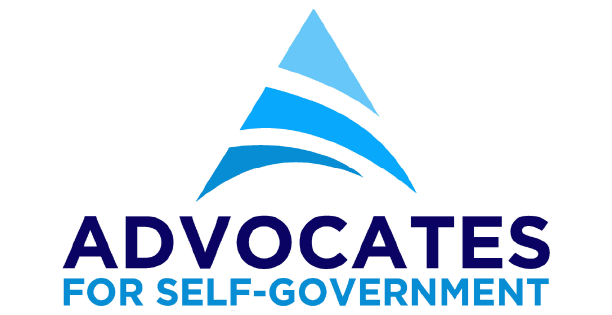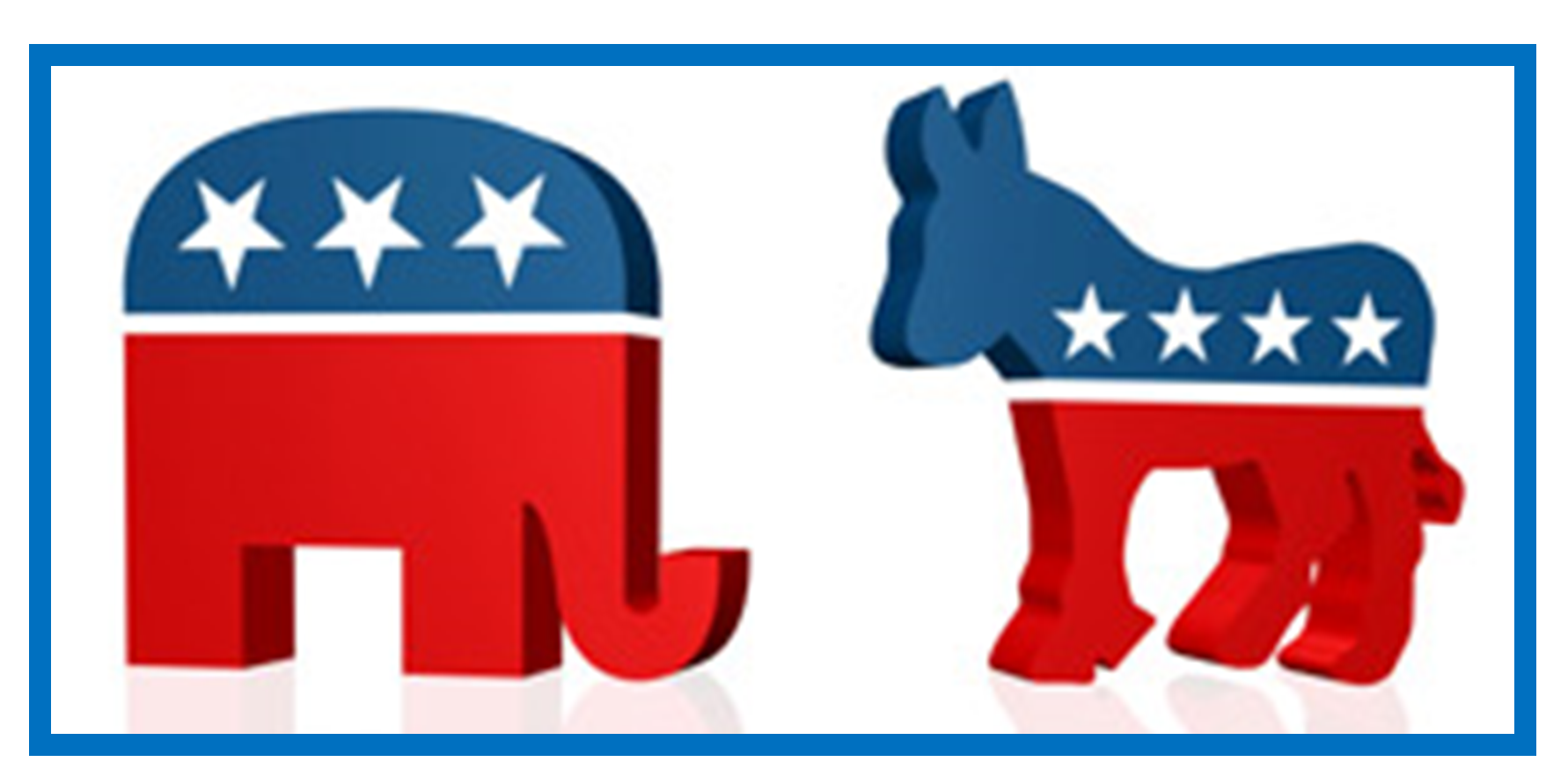From congress.gov/bill/118th-congress/senate-bill/884/text
Reported to Senate (07/11/2023)
Calendar No. 129
| 118th CONGRESS 1st Session |
S. 884
[Report No. 118–57]
To establish a Government-wide approach to improving digital identity, and for other purposes.
IN THE SENATE OF THE UNITED STATES
March 21, 2023
Ms. Sinema (for herself and Ms. Lummis) introduced the following bill; which was read twice and referred to the Committee on Homeland Security and Governmental Affairs
July 11, 2023
Reported by Mr. Peters, with amendments
[Omit the part struck through and insert the part printed in italic]
A BILL
To establish a Government-wide approach to improving digital identity, and for other purposes.
Be it enacted by the Senate and House of Representatives of the United States of America in Congress assembled,
This Act may be cited as the “Improving Digital Identity Act of 2023”.
Congress finds the following:
(1) The lack of an easy, affordable, reliable, and secure way for organizations, businesses, and government agencies to identify whether an individual is who they claim to be online creates an attack vector that is widely exploited by adversaries in cyberspace and precludes many high-value transactions from being available online.
(2) Incidents of identity theft and identity fraud continue to rise in the United States, where more than 293,000,000 people were impacted by data breaches in 2021.
(3) Since 2017, losses resulting from identity fraud have increased by 333 percent, and, in 2020, those losses totaled $56,000,000,000.
(4) The Director of the Treasury Department Financial Crimes Enforcement Network of the Department of the Treasury has stated that the abuse of personally identifiable information and other building blocks of identity is a key enabler behind much of the fraud and cybercrime affecting the United States today.
(5) The inadequacy of current digital identity solutions degrades security and privacy for all people in the United States, and next generation solutions are needed that improve security, privacy, equity, and accessibility.
(6) Government entities, as authoritative issuers of identity in the United States, are uniquely positioned to deliver critical components that address deficiencies in the digital identity infrastructure of the United States and augment private sector digital identity and authentication solutions.
Read more: From the US Congress: Improving Digital Identity Act of 2023


